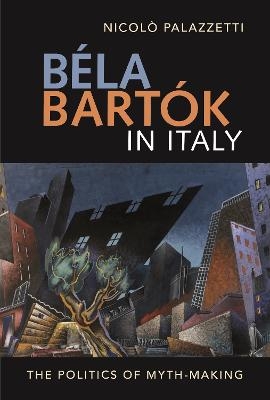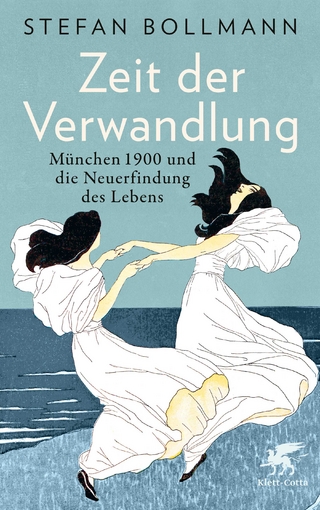
Béla Bartók in Italy
The Boydell Press (Verlag)
978-1-78327-620-2 (ISBN)
This book examines the reputation of the Hungarian composer Béla Bartók (1881-1945) as an antifascist hero and beacon of freedom. Following Bartok's reception in Italy from the early twentieth century, through Mussolini's fascist regime, and into the early Cold War, Palazzetti explores the connexions between music, politics and diplomacy. The wider context of this study also offers glimpses into broader themes such as fascist cultural policies, cultural resistance, and the ambivalent political usage of modernist music.
The book argues that the 'Bartókian Wave' occurring in Italy after the Second World War was the result of the fusion of the Bartók myth as the 'musician of freedom' and the Cold War narrative of an Italian national regeneration. Italian-Hungarian diplomatic cooperation during the interwar period had supported Bartok's success in Italy. But, in spite of their political alliance, the cultural policies by Europe's leading fascist regimes started to diverge over the years: many composers proscribed in Nazi Germany were increasingly performed in fascist Italy. In the early 1940s, the now exiled composer came to represent one of the symbols of the anti-Nazi cultural resistance in Italy and was canonised as 'the musician of freedom'. Exile and death had transformed Bartók into a martyr, just as the Resistenza and the catastrophe of war had redeemed post-war Italy.
NICOLÒ PALAZZETTI is a Postdoctoral Research Fellow in Music and Theatre at Sapienza University of Rome. Prior to join Sapienza, Palazzetti worked as a Teaching Fellow at the University of Birmingham, UK and as a Postdoctoral Research Fellow at the University of Strasbourg, France. He obtained his PhD in 2017 at the École des Hautes Études en Sciences Sociales, Paris.
Introduction
Chapter 1: Bartók in Liberal Italy, 1911-1925
Chapter 2: Heroism and Silence: Bartók in Mussolini's Italy, 1925-1938
Chapter 3: Resistance and Dictatorship, 1939-1942
Chapter 4: Resistance and Democracy, 1943-1947
Chapter 5: Bartók's Legacy in a Divided World, 1948-1956
Chapter 6: Bartók's Influence on Italian Composers
Conclusion: Bartók and the Memory of the Twentieth Century
Bibliography
Appendix: Performances of Bartók's Works in Italy between 1911 and 1950
Index
| Erscheinungsdatum | 10.08.2021 |
|---|---|
| Reihe/Serie | Music in Society and Culture |
| Verlagsort | Woodbridge |
| Sprache | englisch |
| Maße | 156 x 234 mm |
| Gewicht | 557 g |
| Themenwelt | Kunst / Musik / Theater ► Musik ► Klassik / Oper / Musical |
| Geschichte ► Allgemeine Geschichte ► Neuzeit (bis 1918) | |
| Geschichte ► Allgemeine Geschichte ► 1918 bis 1945 | |
| Geschichte ► Teilgebiete der Geschichte ► Militärgeschichte | |
| ISBN-10 | 1-78327-620-7 / 1783276207 |
| ISBN-13 | 978-1-78327-620-2 / 9781783276202 |
| Zustand | Neuware |
| Informationen gemäß Produktsicherheitsverordnung (GPSR) | |
| Haben Sie eine Frage zum Produkt? |
aus dem Bereich


